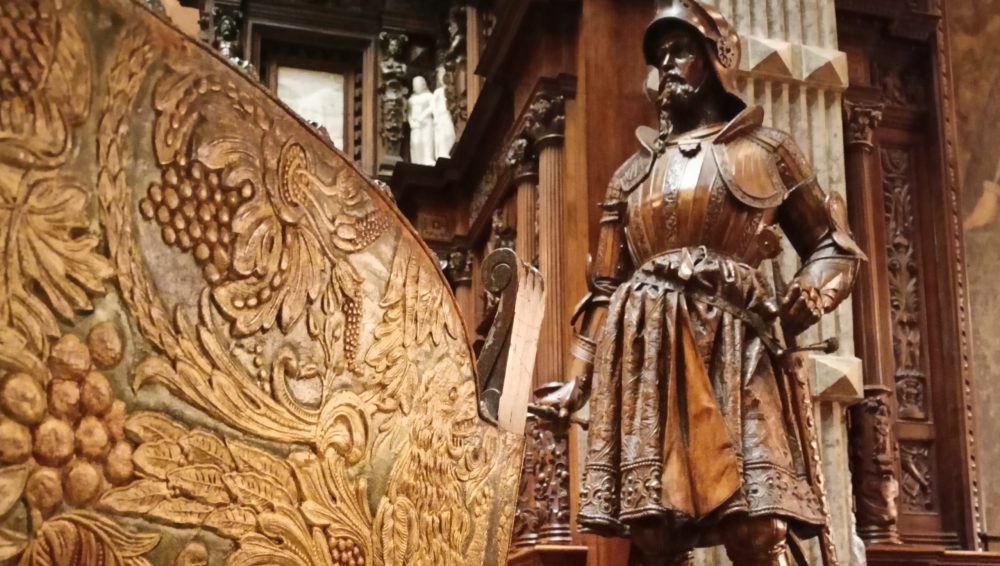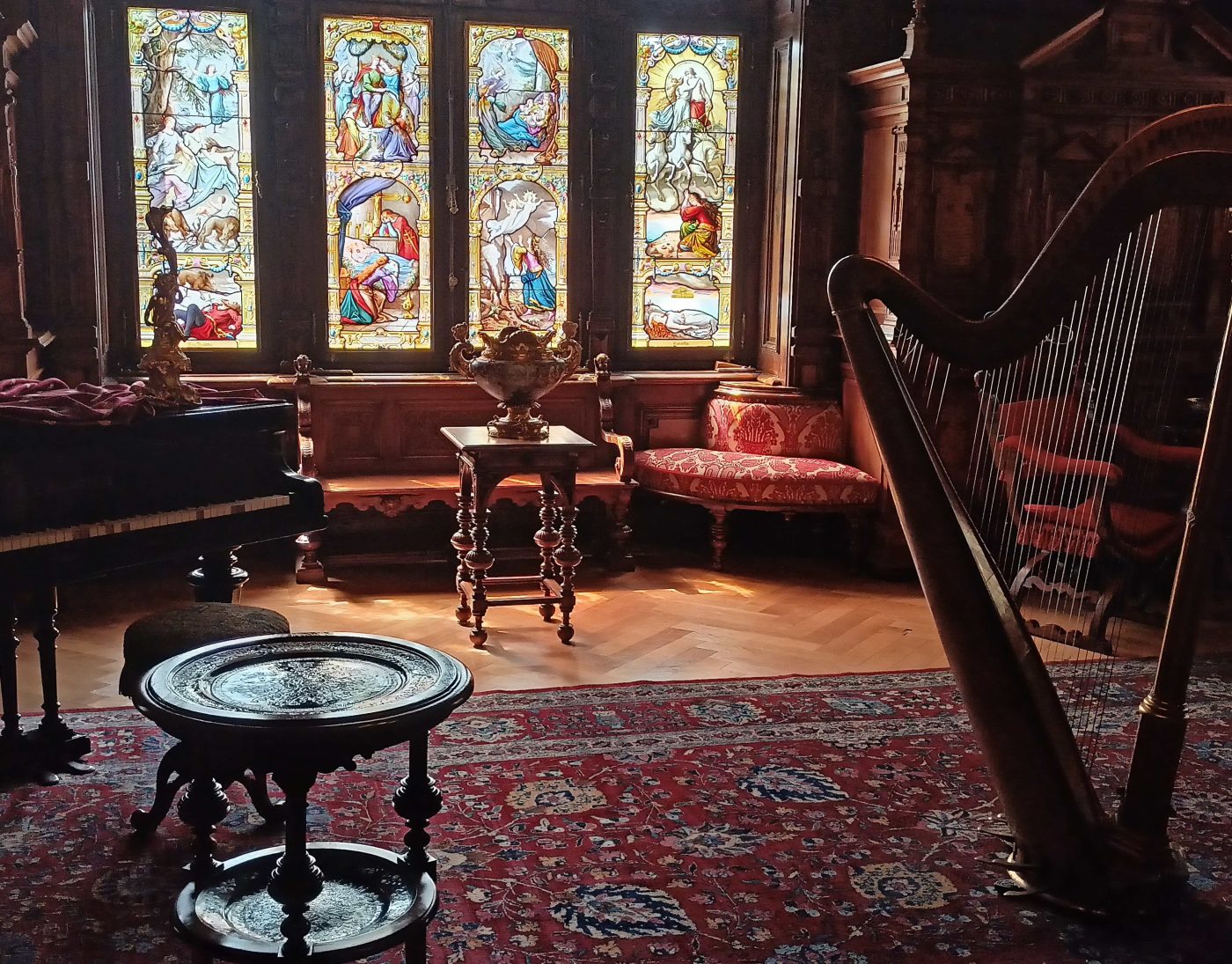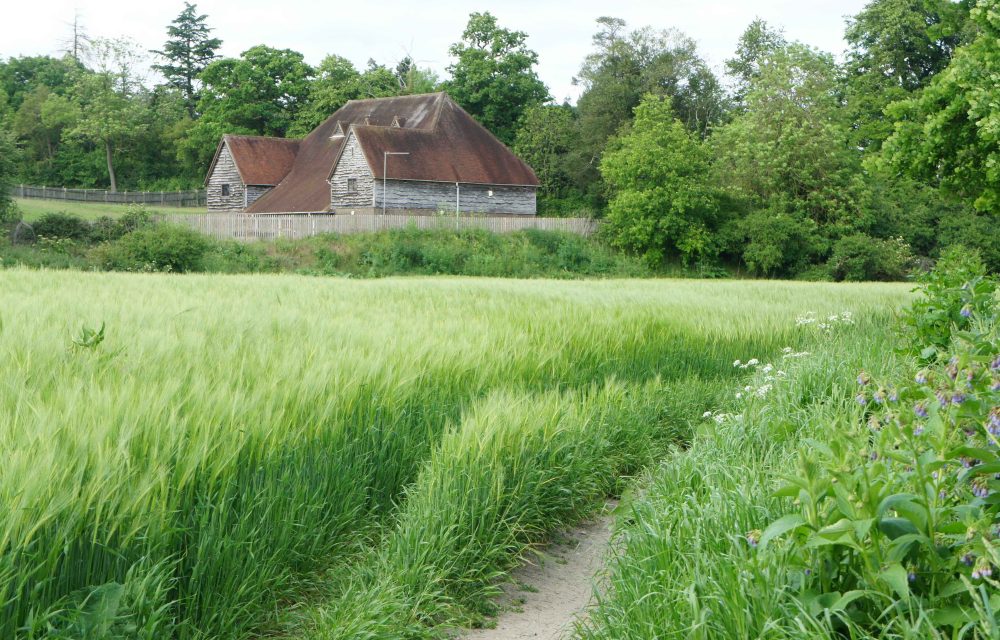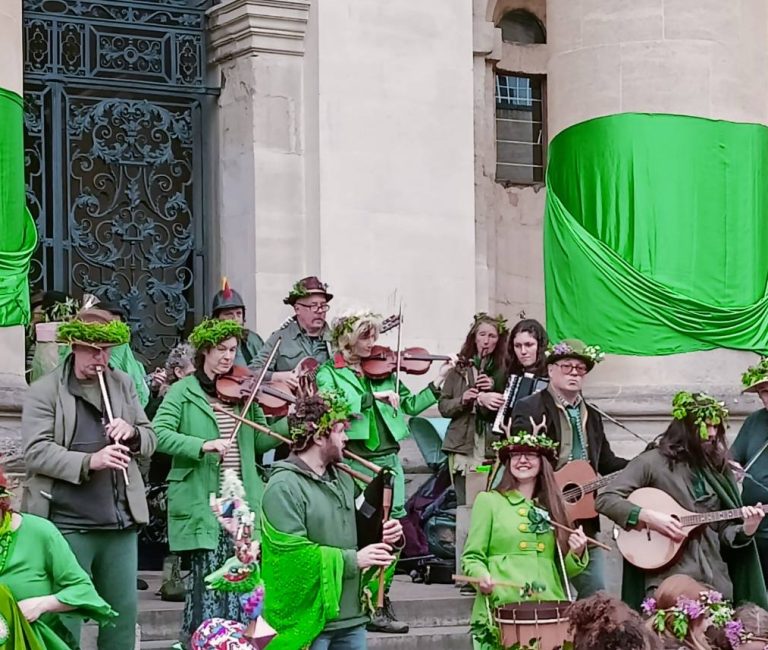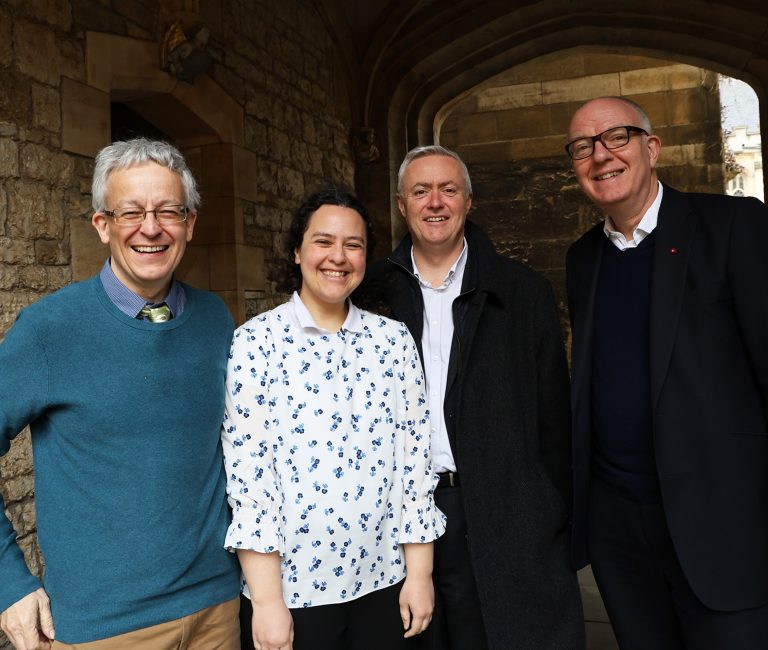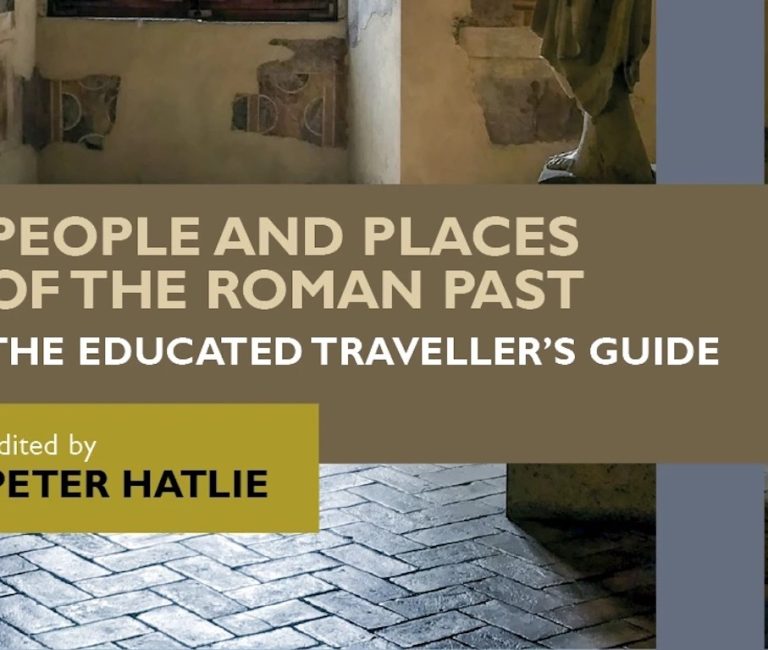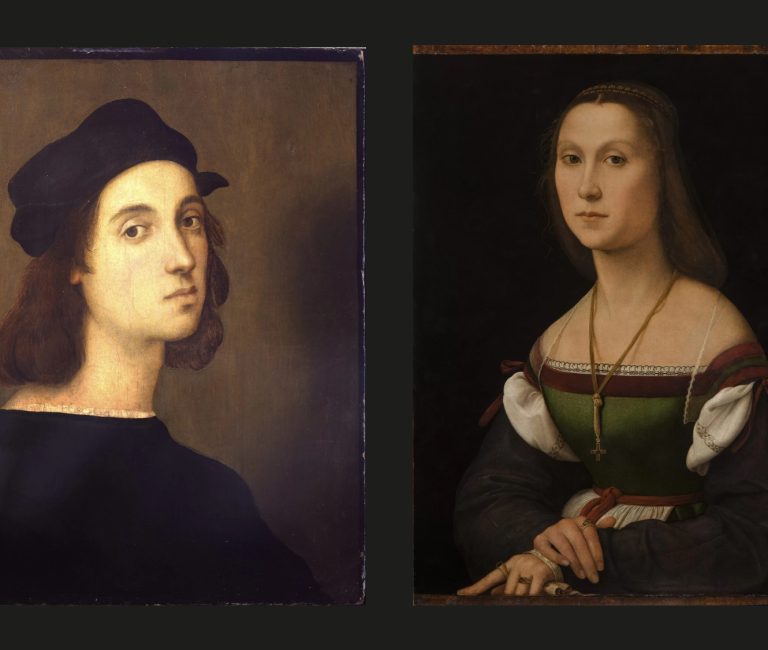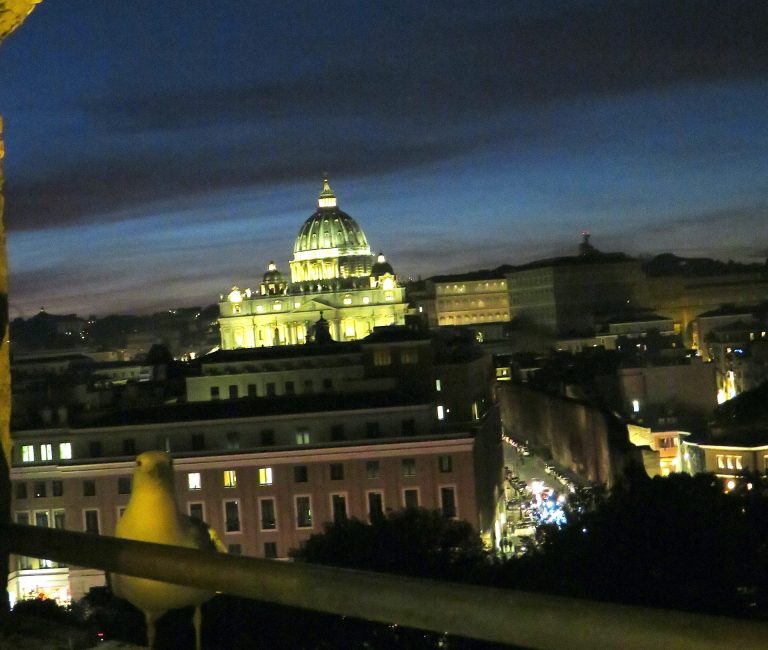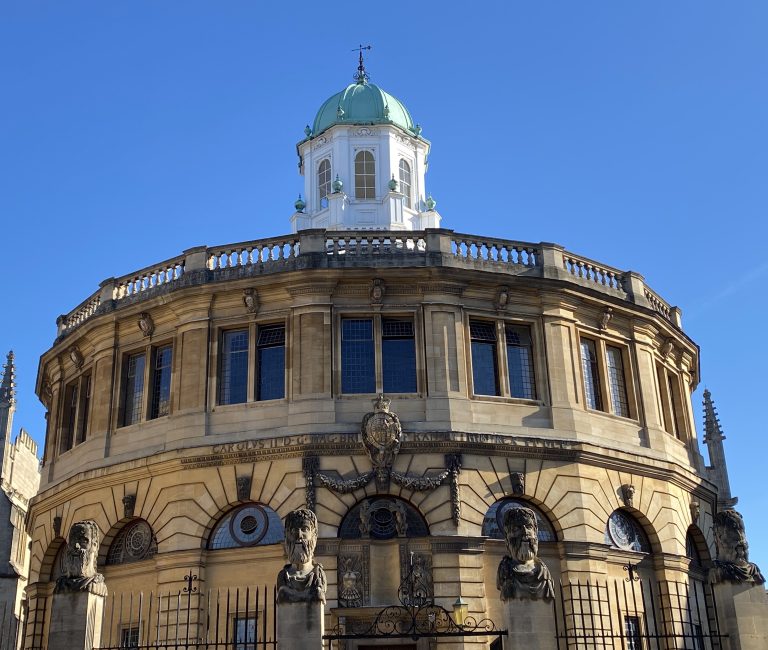We live in a rather odd time of history, and even to those who admit to change happening with great reluctance, there appears to be a storm about. My own battle standard for analysing this has become raised to Mount Everest height. We are midst a tumult of rapid and variegated change – such that our vision, our thinking, and our assumptions – lie askew. We are groping in the dark. We are the princess sleeping in the castle waiting for a prince to break through the enchantments and brambles.
How discombobulating is our situation? In his dystopian novella Night Operation (written in the 1970’s), the philosopher Owen Barfield posits that the velocity of progress can become indistinguishable from chaos. His hope, nonetheless, is that we are participant in an evolution of consciousness, and that good will emerge from our asymmetry, bringing about a Final Participation. But what is this asymmetry, can it be analysed? Part of the answer I think, is to consider something counterintuitive. That it is we who are inhabiting a ‘middle-ages’; and dark ages may be the better term. In our past, what “we” call the Middle Ages was defined as such only by our own Modern era, during the Enlightenment. Yet ‘enlightenment’ was also an invented term of the 17th and 18th centuries and may itself be questioned. Why did this ‘enlightened’ era call the previous centuries, ‘the Middle Ages’? Echoing historian Tom Holland’s work in his 2019 book Dominion, there really does seem to have been a concerted effort to diminish a system both pagan and Christian (Christendom) and claim it to be a form of darkness after an age of Classical light. Conveniently this helped to justify the radical changes of the new ‘enlightened’ era.
What were some of these changes? The Age of the Self-Made Man captures some of it. Community versus individualism (their dialogue best captured by Shakespeare in King Lear). Localism versus the centralising and ‘unifying’ nation state. The intense charge into interiority and subjectivity. The Cartesian split of Reality into two separate underlying substances (the view before had said there was only One, though differentiated). The increasing denial of Aristotelian Animism or Platonic panpsychism. The turning of the world into mechanism and object. This captures more of it. The long and short of this was the loss of the word Spirit. Loss of what? In an age bounded by Boethius (d. 524 AD) and Aquinas (d. 1274 AD), and enamoured of Grammar as a science, the highest and most honourable word to describe humanity was Spiritus.


